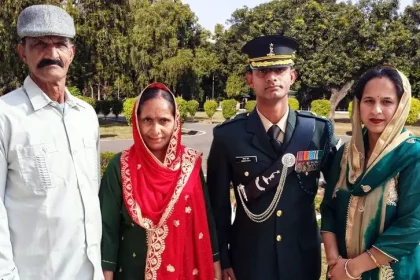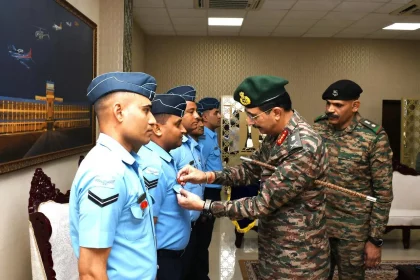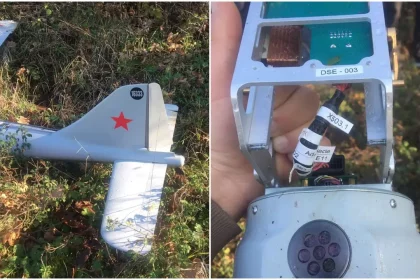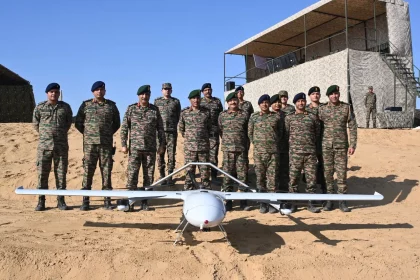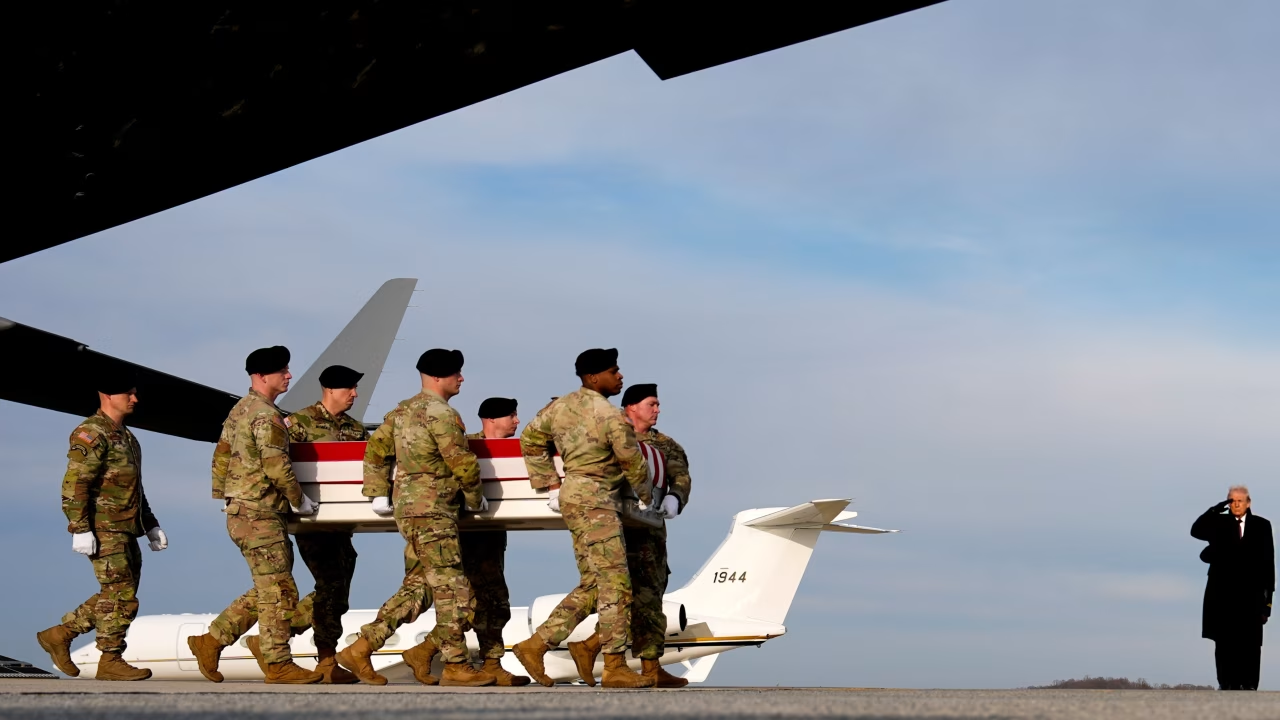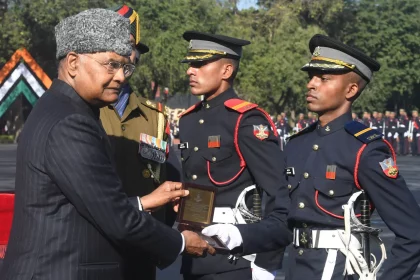Meet Lt Keshav Dutt: Former Naib Subedar from Rehan Commissioned as Army Officer in Corps of Signals
From Jawan to Lieutenant: Rehan Native Lt Keshav Dutt’s Inspiring Rise Through the Ranks of the Indian Army.
Lt Gen Devendra Sharma Reviews Training at Air Force Academy, Emphasises Jointness and Future Warfare
ARTRAC Chief lauds tech-driven training at Air Force Academy, highlights growing Army–IAF integration for future warfare preparedness.
Russian Orlan-10 Military Drone Crashes in Turkey, Probe Underway
Crash of Suspected Russian Orlan-10 UAV Near Izmit Highlights Rising Black Sea Tensions and Airspace Security Concerns for Turkey.
Kharga Corps’ ‘Deep Strikers’ Successfully Validate 100 km EW-Resilient UAV ‘Kharga Chakra’
Indian Army Successfully Validates EW-Resilient Kharga Chakra UAV, Boosting Indigenous Drone Capabilities and Atmanirbharta.
U.S. Launches Major Strikes on ISIS Targets in Syria After Deadly Attack on American Personnel
Operation Hawkeye Strike Targets ISIS Strongholds After Deadly Palmyra Attack on U.S. Forces.
IMA 161 (DE) SSB Centre and Date Selection Link Activated for CDS (II) 2025 Candidates
SSB Date Selection Portal Goes Live for CDS (II) 2025 IMA Aspirants Ahead of July 2026 Training Course.

